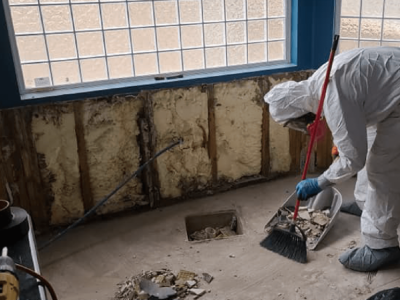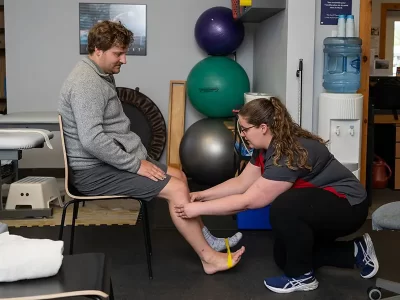Alcohol abuse can have profound effects on individuals and their relationships, often leaving behind a trail of pain and destruction. However, healing is possible, and there are paths to transformation and recovery beyond the grips of alcohol abuse. In this article, we’ll explore strategies and resources for transforming connections with alcohol, fostering healing, and reclaiming a life free from addiction.
Understanding Alcohol Abuse
Alcohol abuse is characterized by excessive and harmful consumption of alcohol, leading to negative consequences in various aspects of life, including physical health, mental well-being, relationships, and social functioning. Individuals who struggle with alcohol abuse may experience a range of issues, including impaired judgment, relationship conflicts, legal problems, and deteriorating physical and mental health.
Paths to Healing Beyond Abuse
Acknowledging the Problem: The first step towards healing from alcohol abuse is acknowledging the problem and recognizing the need for change. It takes courage to confront one’s relationship with alcohol and to take responsibility for the impact it has had on oneself and others. By acknowledging the problem, individuals can begin to break free from denial and start on the path to recovery.
Seeking Professional Help: Seeking professional help from a qualified therapist, counselor, or addiction specialist is essential for individuals struggling with alcohol abuse. A trained professional can provide personalized assessment, therapy, and support tailored to the individual’s needs. Therapy sessions can help individuals explore underlying issues, develop coping strategies, and address triggers that contribute to alcohol abuse.
Participating in Support Groups: Joining support groups such as Alcoholics Anonymous (AA) or SMART Recovery can provide invaluable support and encouragement for individuals seeking to overcome alcohol abuse. These groups offer a safe and non-judgmental space for individuals to share their experiences, receive support from peers, and learn from others who have successfully overcome alcohol addiction. Peer support can be a powerful source of motivation and inspiration on the journey to healing.
Technology for Support and Accountability: Using technology for support and accountability is increasingly common in aiding individuals on their journey to recovery from alcohol abuse. Soberlink, an innovative alcohol monitoring device, stands as a beacon of hope in this regard. Through real-time monitoring of alcohol consumption, Soberlink empowers individuals to track their progress, uphold accountability, and garner support from loved ones and healthcare providers alike. Delve deeper into Soberlink Reviews to explore firsthand experiences with this transformative technology and its role in fostering healing and sobriety.
Holistic Healing Practices: Engaging in holistic healing practices can complement traditional treatment methods and promote overall well-being. Practices such as mindfulness meditation, yoga, art therapy, and acupuncture can help individuals manage stress, regulate emotions, and cultivate self-awareness. These practices offer holistic approaches to healing that address the mind, body, and spirit.
Repairing Relationships: Alcohol abuse often damages relationships with loved ones, causing rifts and breakdowns in communication. Healing from alcohol abuse involves repairing and rebuilding these relationships through honest communication, empathy, and forgiveness. Family therapy and couples counseling can provide a supportive environment for addressing underlying issues, rebuilding trust, and strengthening bonds.
Creating a Supportive Environment: Creating a supportive environment is essential for sustaining recovery from alcohol abuse. Surrounding oneself with supportive friends, family members, and peers who understand and respect one’s journey can provide a strong foundation for healing. Avoiding triggers and environments where alcohol is present can also help individuals maintain sobriety and focus on their recovery goals.
In conclusion, healing from alcohol abuse is a transformative journey that requires courage, commitment, and support. By acknowledging the problem, seeking professional help, participating in support groups, engaging in holistic healing practices, repairing relationships, utilizing technology-assisted support tools like Soberlink, and creating a supportive environment, individuals can embark on a path to healing and reclaim a life free from the grips of alcohol addiction. Remember, transformation is possible, and with the right resources and support, individuals can overcome alcohol abuse and thrive in a life of sobriety and fulfillment.








Comments